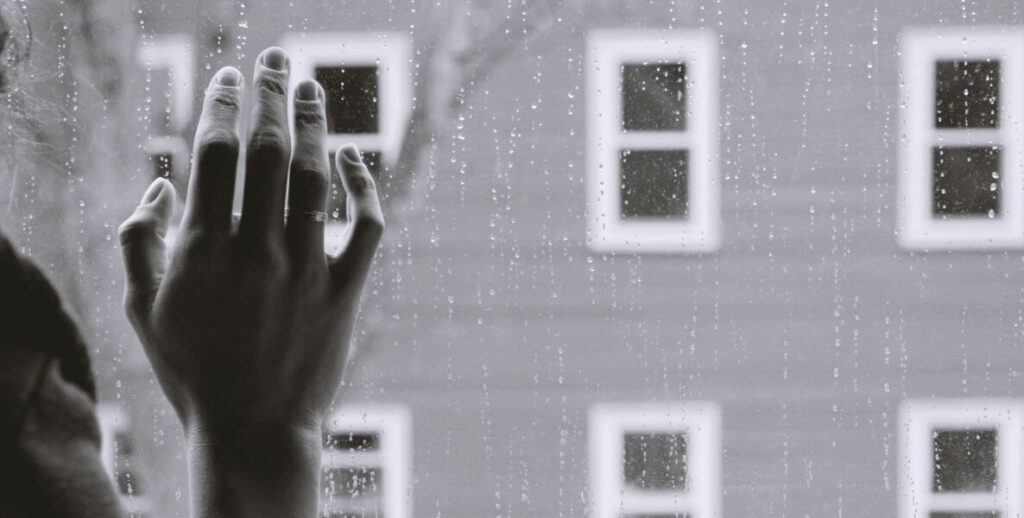As Mental Health Awareness Month comes to a close, the consistent message has focused on the record-level effect the pandemic has had on our country’s mental health. Hopefully we are not becoming used to the statistics, considering it part of the new normal. These data should continue to alarm us.
In 2021, about 40 percent of adults reported symptoms of anxiety or depression, close to quadruple the level in 2019. We can acknowledge the escalation is real in the Philadelphia neighborhoods we serve. And it’s heartbreaking.
Asociación Puertorriqueños en Marcha (APM) is a Latino-based health, human services, community, and economic development nonprofit. For over 50 years, we have helped improve lives in the neighborhoods we serve by providing affordable housing, food security, employment assistance, early child education and daycare, foster care and adoption services, addiction support, and behavioral health services. Especially over the last two years, our behavioral health and substance use disorder treatment programs have become vital lifelines to a growing portion of our families and individuals.
We know the pandemic has exacerbated the problems and that it’s especially damaging to the children and youth in our community, most of whom live in households experiencing persistent poverty. They have suffered the most from isolation and stress, especially in homes where Covid affected a parent or caretaker. Surveys and statistics show that for young people who are anxious by nature or feeling emotionally fragile already, the pandemic and its isolation have pushed them to the brink. Transitioning back to the classroom brings new anxieties.
In addition, the stress and fear of rising gun violence in Philadelphia is intensifying the anxiety among our residents, creating a more urgent need for effective psychological care. Given all these disheartening factors of everyday life, we are seeing a rising level of suicides connected to mental illness and substance misuse. Nationally, rates of suicidal thinking and behavior are up by 25 percent or more from similar periods in 2019, according to a just-published analysis of surveys of young patients who are brought to emergency rooms.
This worsening state of mental health among children and youth has prompted the U.S. Preventive Services Task Force, an influential group of specialists, to recommend for the first time the screening of all children ages 8 to 18 for anxiety, one of the most common mental health disorders of childhood. A study published in JAMA Pediatrics found that between 2016 and 2020 there were significant increases in diagnosed anxiety and depression among children as well as decreases in the emotional wellbeing of caregivers.
In 2021, about 40 percent of adults reported symptoms of anxiety or depression, close to quadruple the level in 2019. We can acknowledge the escalation is real in the Philadelphia neighborhoods we serve. And it’s heartbreaking.
Even before President Biden’s announcement in his State of the Union address about his plan to address the country’s mental health crisis with a strategy to transform services for all Americans, the U.S. Senate Finance Committee had been working on ways to improve mental health coverage through Medicare and Medicaid. Those efforts appear to have bipartisan support, and we are eager to see the legislative package. That committee just released the report Mental Health Care in the United States: The Case for Federal Action.
It calls for more partnerships with organizations that “have established track records in the community and are often multi-service providers that integrate health, behavioral health, and social services.”
We need the administration and legislators — and players in the healthcare industry, including insurers — to do their part by following through with policies and practices that can address this crisis. Locally, we need to expand the services that exist through collaboration and partnerships.
That’s where we come in. Community-based organizations like APM are uniquely organized to engage in such partnerships. We provide communities with access to the care they increasingly need and often have been denied. If we had more partnerships — like the Philadelphia School District and other entities that serve youth — we could do even more to help children and youth in our community.
It is our responsibility to do more as service providers to expand our partnerships and collaborations, so more of our Philadelphia residents can be served. At APM, we are willing and ready to lead this effort in our communities, but we cannot do it until more partners step forward with us.
Nilda Ruiz is president and CEO, and Dr. Hector Colón-Rivera is medical director of the Asociación Puertorriqueños en Marcha.
The Citizen welcomes guest commentary from community members who stipulate to the best of their ability that it is fact-based and non-defamatory.

